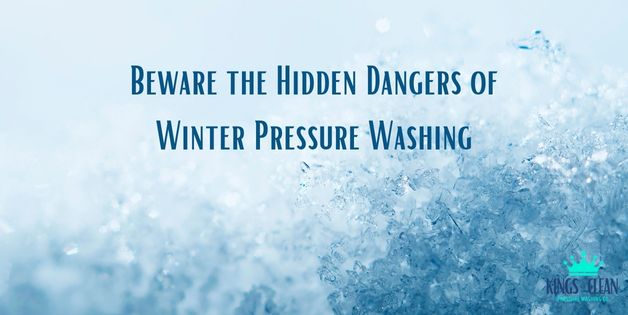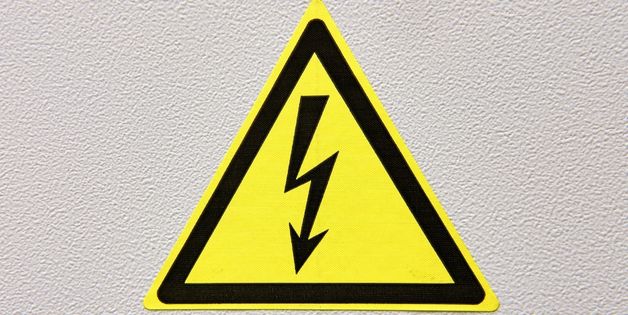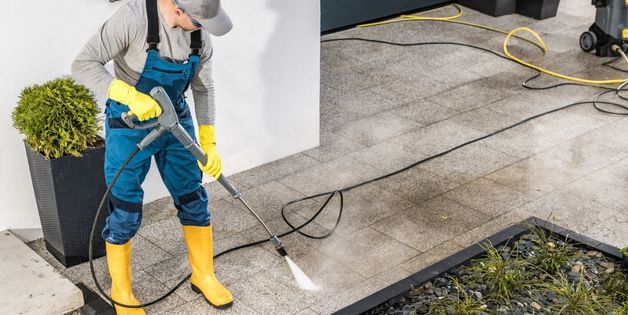
Winter weather can be harsh and unforgiving, but you still want to ensure your property and workers stays in good condition. While pressure washing in winter can be a great way to clean and maintain your company premises, it's essential to be aware of the dangers associated with winter pressure washing. Extreme cold, snow, ice, and slippery surfaces can increase the risk of injury and damage to property. This blog post will cover the potential dangers of winter pressure washing and what you can do to stay safe while getting the job done.
What is pressure washing?
Pressure washing is the process of using high-pressure water to clean a surface. It's commonly used to clean driveways, decks, sidewalks, and other exterior surfaces.
What are the Dangers of Pressure Washing in Winter?
Freezing Temperatures
Cold temperatures can cause water to freeze quickly, making it difficult for the pressure washer to clean surfaces properly. Additionally, freezing water can cause damage to the pressure washer, making it unsafe to use.
Slippery Surfaces
Snow and ice can create slippery conditions, making it easier to slip and fall. When combined with the high-pressure water from the pressure washer, the risk of slipping increases significantly.
Property Damage
Winter weather can cause damage, such as cracks or chips in the siding. Pressure washing in cold temperatures can further damage these areas and cause water to seep into homes, leading to mold and other issues.
Electrical Hazards
Power washing involves electrical equipment, which is not recommended to be used in wet conditions. The water and electricity can mix and create a dangerous situation, putting you and your workers at risk.

How to Avoid Pressure Washing Hazards in Winter
To avoid the dangers of pressure washing in winter, it's essential to take a few safety precautions:
⊕ Wear appropriate clothing and footwear. Make sure you're dressed warmly and wear shoes or boots with good traction to prevent slips and falls.
⊕ Check the weather. Avoid pressure washing when it's snowing or icy. Use caution on slippery surfaces. Always be aware of your footing, especially on driveways and sidewalks that may be slippery.
⊕ Use a ladder properly. Use a ladder safely and securely if you need to reach high surfaces.
Safety Tips for Pressure Washing in Winter
Here are some tips to keep in mind when pressure washing during the winter:
⊕ Use a pressure washer with low pressure. This will reduce the chances of damaging surfaces and minimize the risk of injury.
⊕ Keep the water temperature warm. Cold water can cause discomfort and increase the risk of hypothermia.
⊕ Use a high-quality pressure washer. Ensure the pressure washer you're using is in good condition and properly maintained.
Alternatives to Pressure Washing in the Winter
If you're not comfortable pressure washing during the winter, there are alternative options:
⊕ Hire a professional. A professional cleaning service can handle the job safely and effectively.
⊕ Wait until spring. If the surface isn't in dire need of cleaning, consider waiting until the weather improves to pressure wash.

Stay Safe This Winter
Pressure washing can be dangerous during the winter, but it is crucial to maintain cleanliness. Following the tips and safety measures outlined in this blog post ensures that your winter pressure washing experience is safe and successful. Contact us today with any questions or concerns about winter pressure washing. Kings of Clean has the expertise and equipment to handle the job safely and effectively.